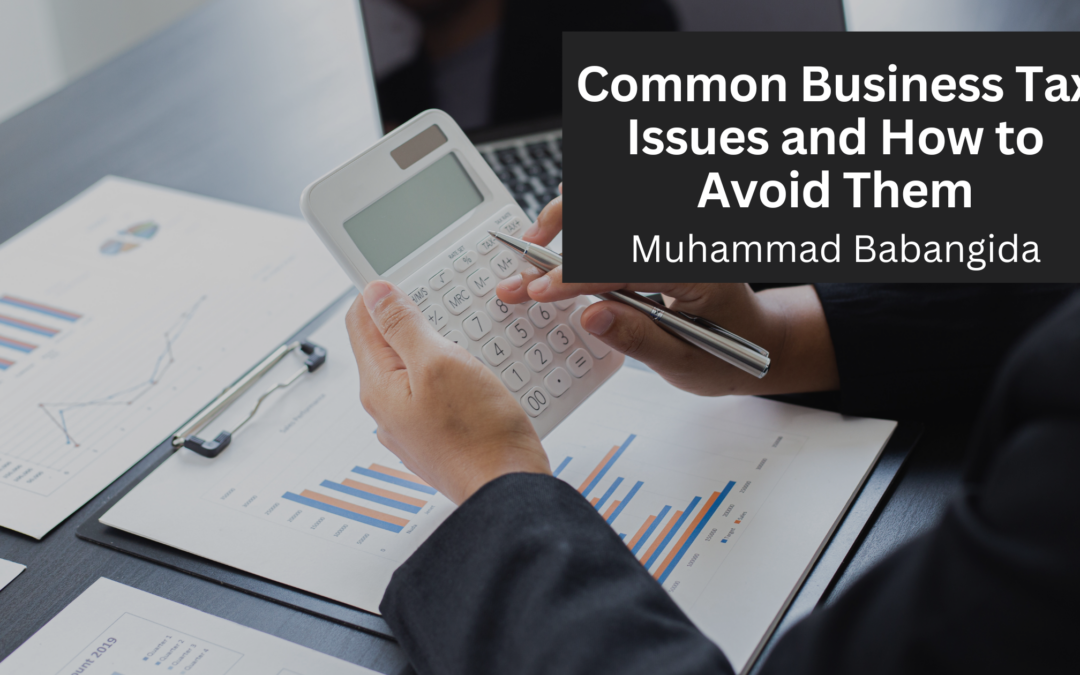Running a business is no walk in the park. There’s much to juggle between marketing, staffing, and keeping your customers happy. Then there’s the dreaded topic: taxes. Tax season can be stressful for many small business owners, filled with uncertainty and the fear of making costly mistakes.
Fear not, fellow entrepreneur! By familiarizing yourself with common tax pitfalls, you can avoid trouble and keep more of your hard-earned money in your pocket. Here are a few tax blunders to watch out for:
Mixing Business and Personal Expenses: This one’s a classic. It’s tempting to use your business credit card for personal purchases here and there or grab a coffee receipt and throw it in the expense pile. But the IRS frowns on this co-mingling of finances. Keep separate bank accounts and credit cards for business and personal use. This will simplify your bookkeeping and save you a headache come tax time.
Underestimating Estimated Taxes: Unlike employees who have taxes withheld from their paychecks, business owners are responsible for paying estimated taxes quarterly. This can surprise new business owners, who might owe a hefty sum at the end of the year. Familiarize yourself with estimated tax requirements and set up a system to ensure timely payments throughout the year.
Record-Keeping Woes: The key to a smooth tax season is good record-keeping. Keep meticulous records of all your business income and expenses throughout the year. Receipts, invoices, bank statements – hold onto everything! These records will be your lifesaver when filing your tax return and proving your deductions.
Misclassifying Employees as Independent Contractors: There’s a difference between an employee and an independent contractor. Employees receive benefits and have taxes withheld, while contractors generally don’t. Misclassifying an employee as a contractor can land you in hot water with the IRS, resulting in penalties and back taxes owed. If you need clarification on someone’s classification, consult a tax professional.
Ignoring Tax Deadlines: Paying attention to tax deadlines can take time and effort. Penalties and interest charges add up quickly. Mark your calendar well before filing deadlines for federal and state taxes.
Going it Alone: Tax laws can be tricky, and regulations change yearly. Feel free to seek help from a qualified tax professional. They can guide you through the complexities of tax filing, ensure you take advantage of all available deductions, and minimize your tax burden.
By avoiding these common mistakes and taking a proactive approach to tax planning, you can save yourself stress, time, and, most importantly, money. Remember, a little planning goes a long way. So, stay informed, keep good records, and consider seeking professional help. With these tips, you can confidently navigate tax season and keep your business thriving.
